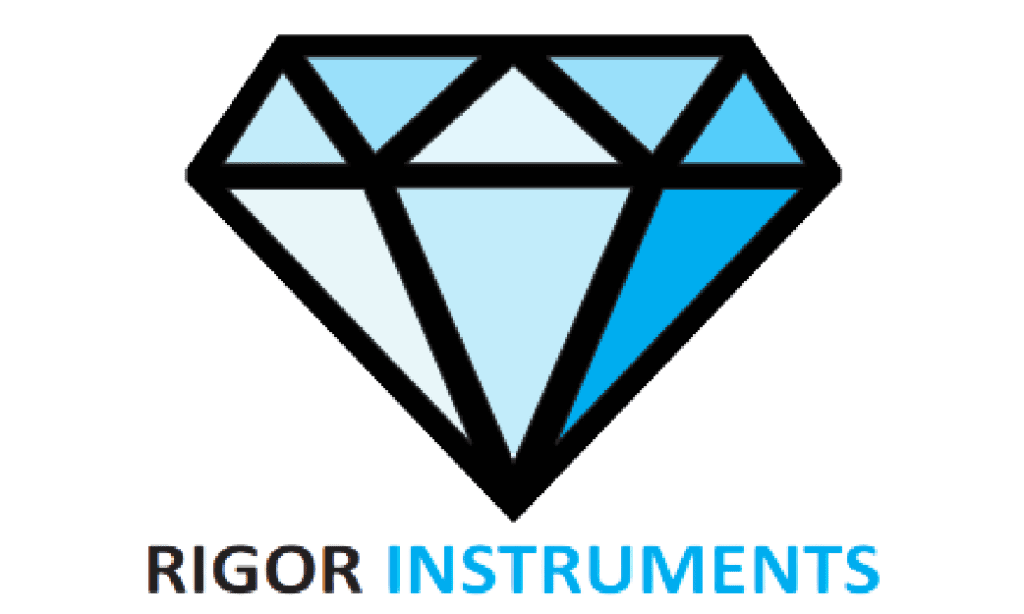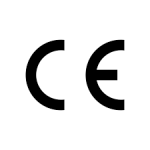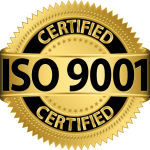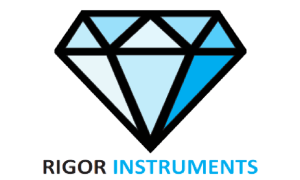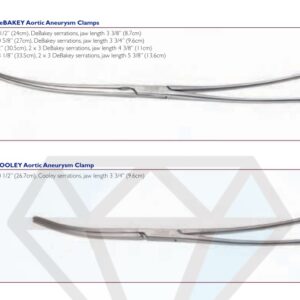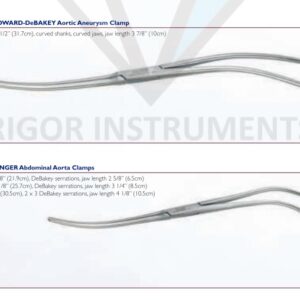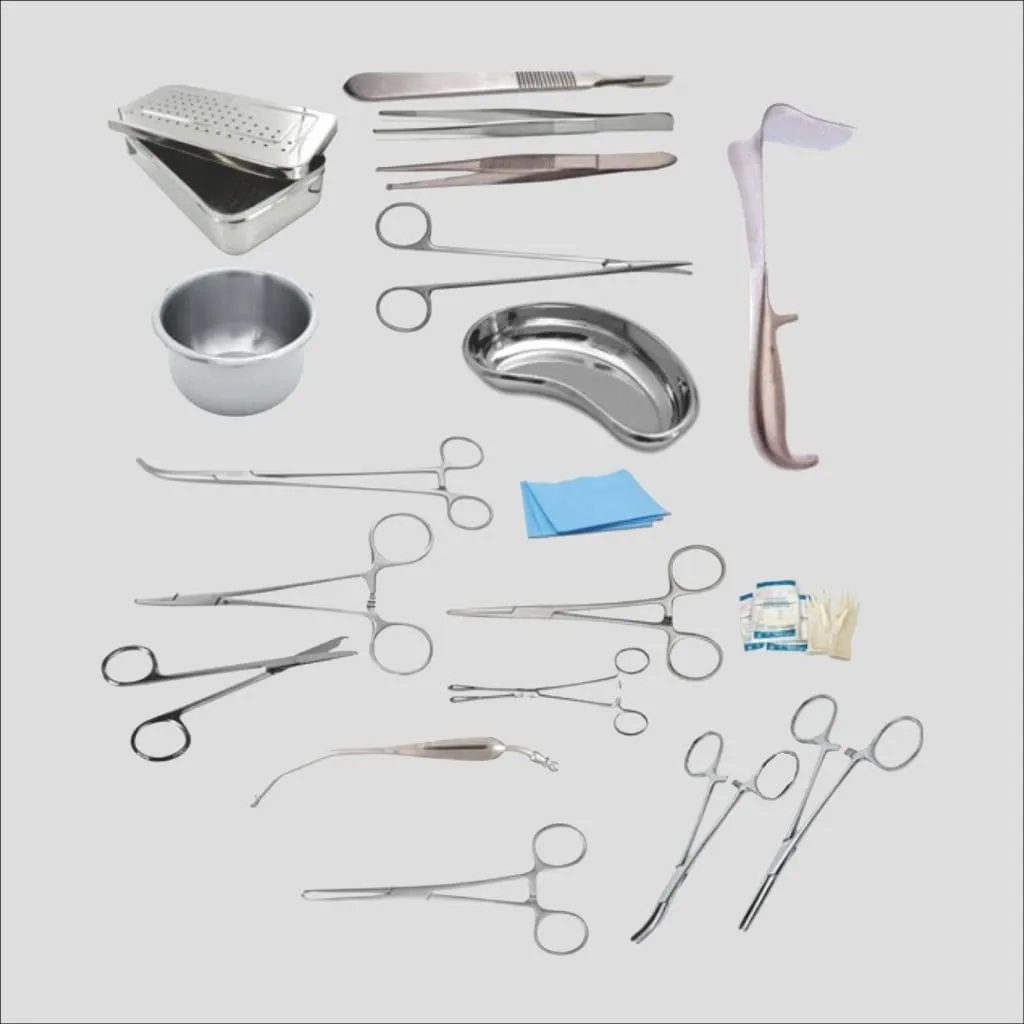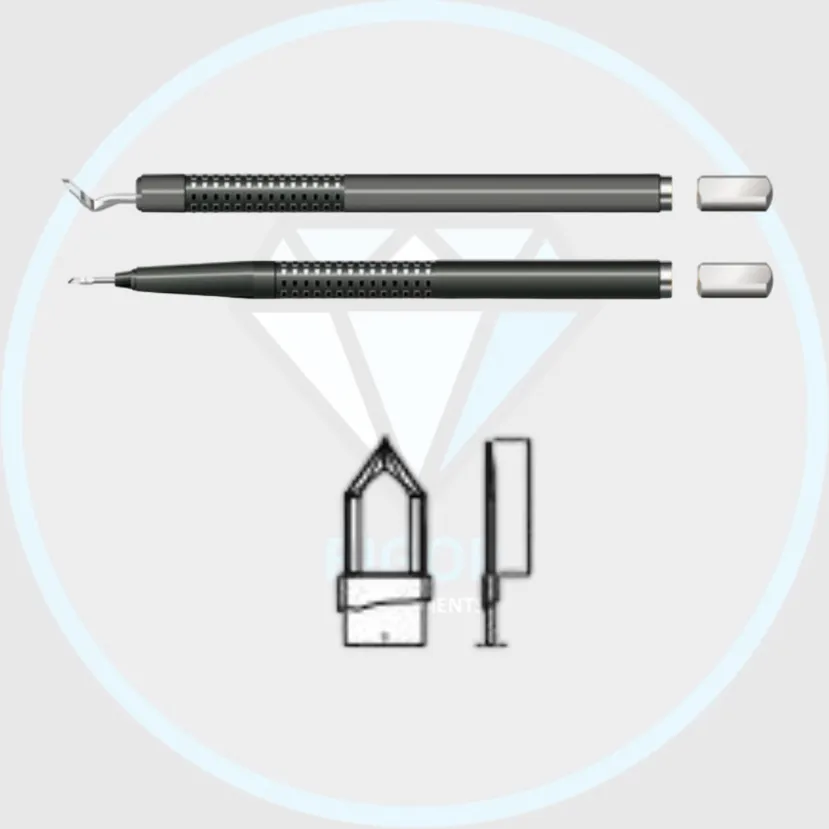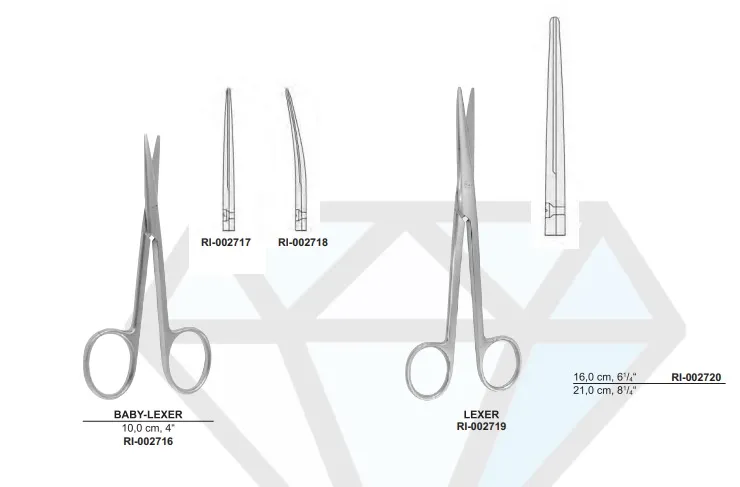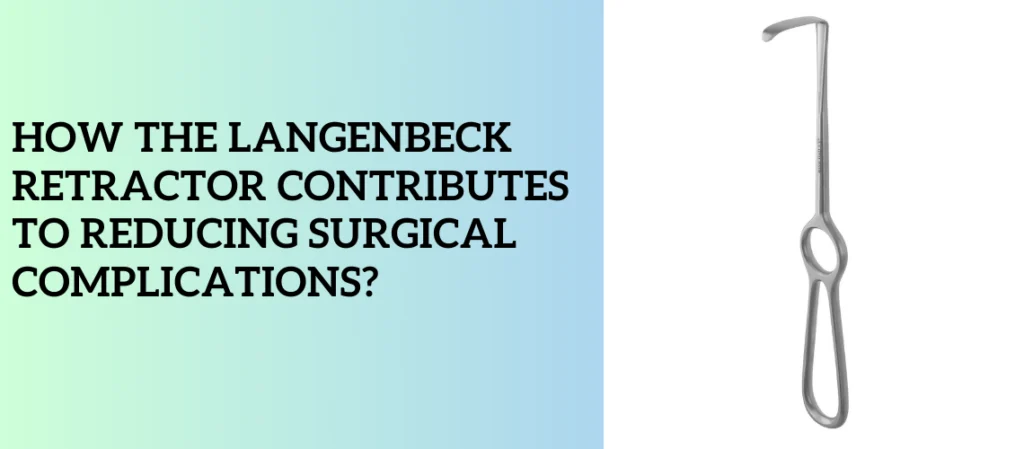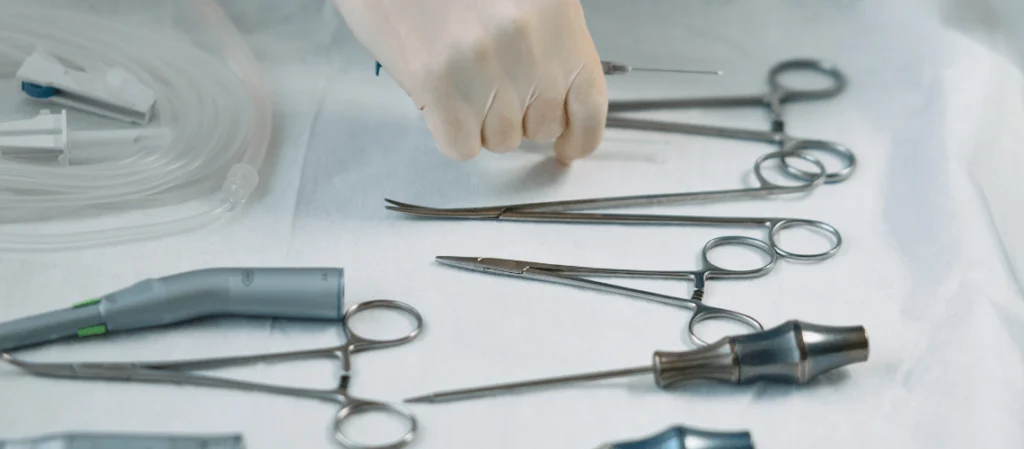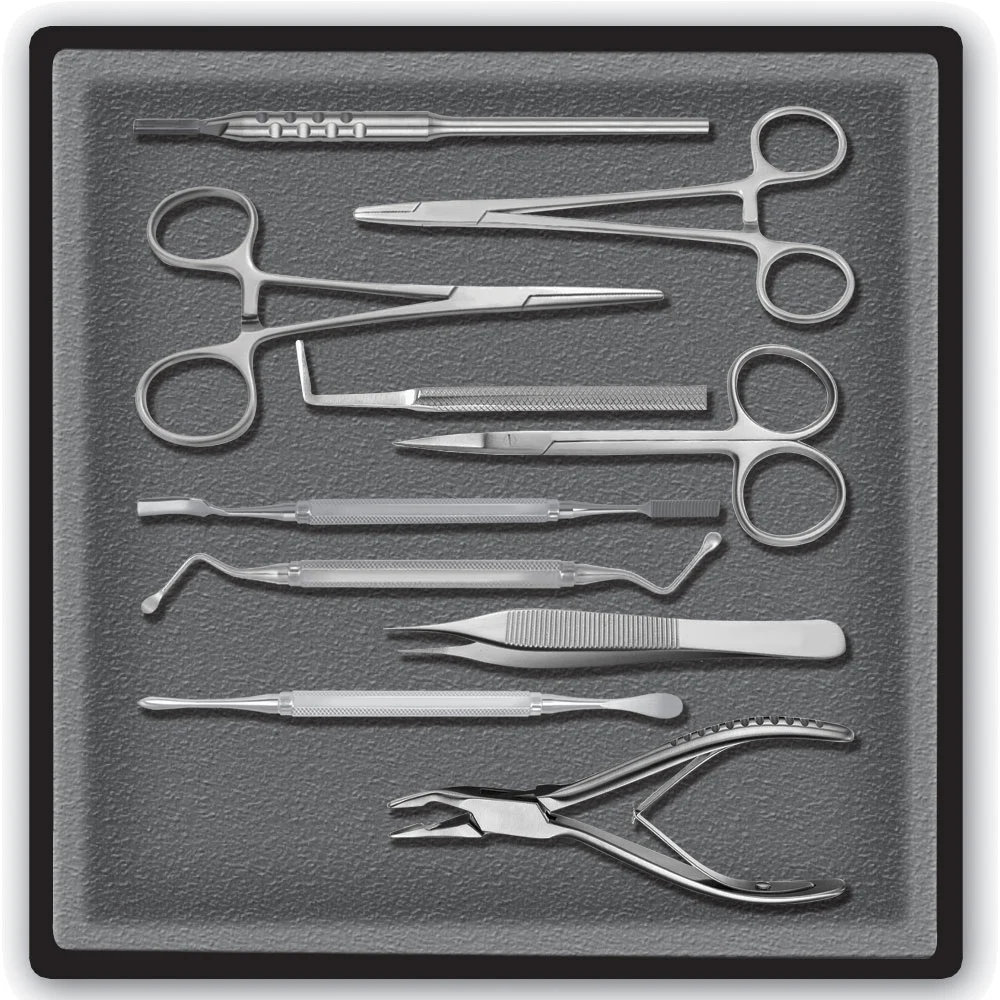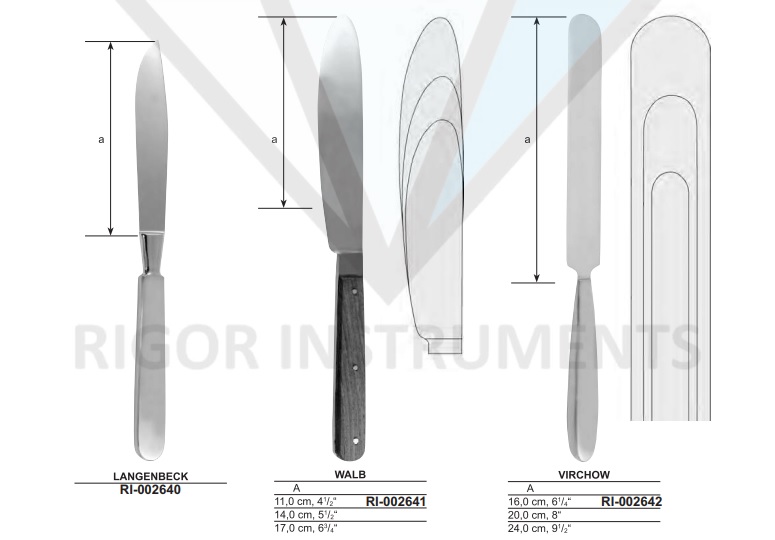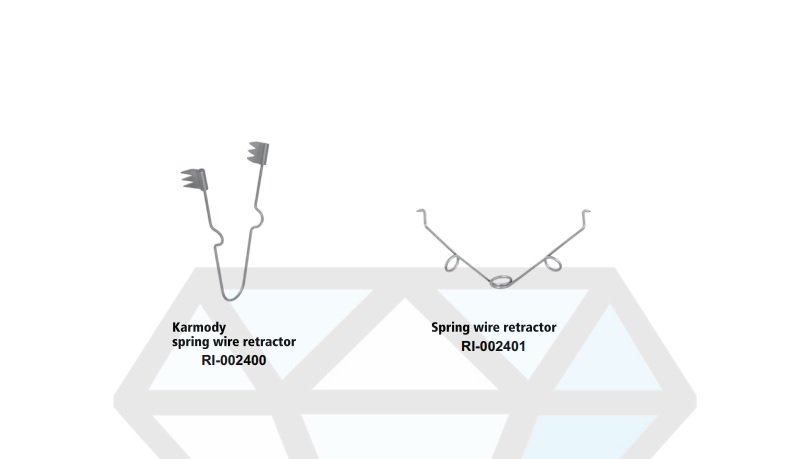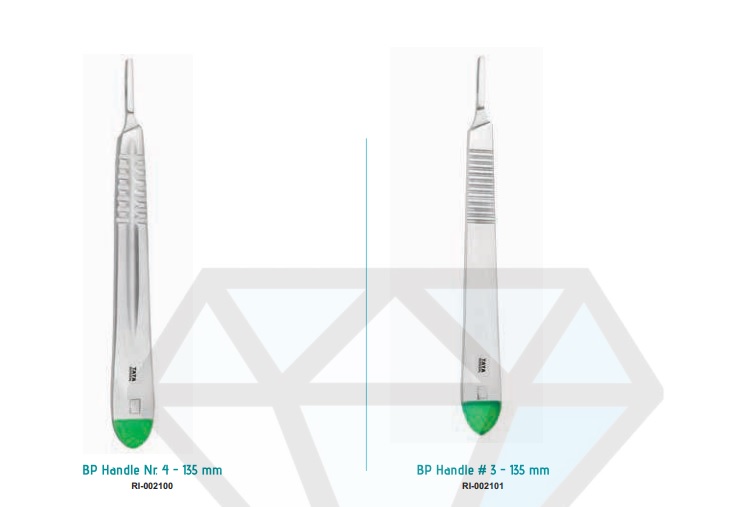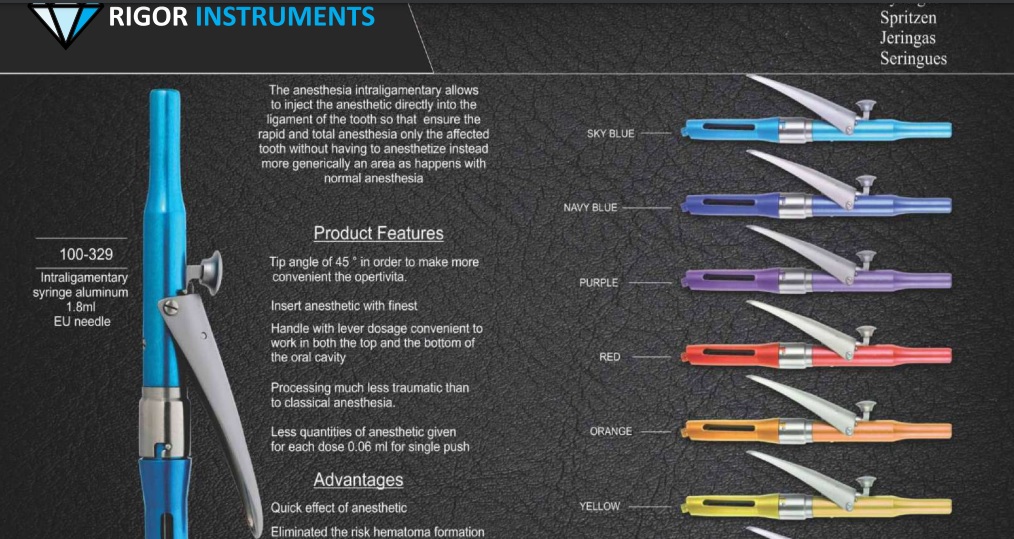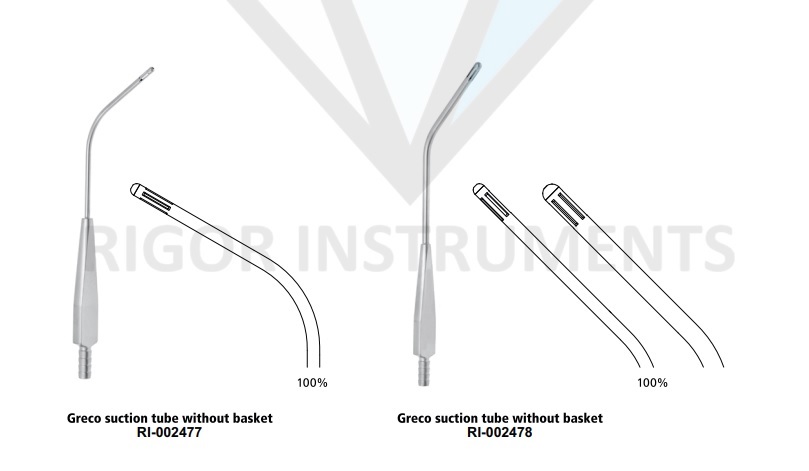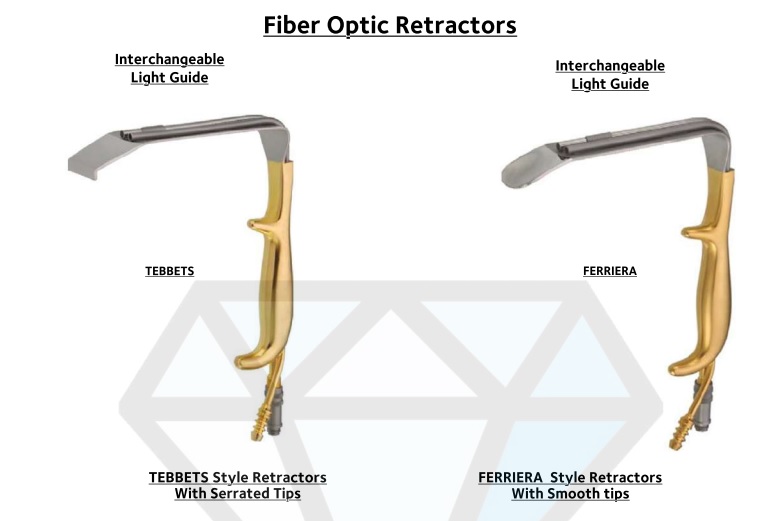Cardiovascular Surgical Instruments
Surgical Instruments Blog
Surgical tools play a big role in making sure that medical treatments work well. When it comes to these tools, medical knives are the most common ones for medical operations.
Mostly suitable for the microsurgery and eye surgery, Iris scissors are specialist medical equipment. These scissors are quite exquisite and beautifully crafted. The blades are ideal for exact work on
From offices and dentists to clinics and hospitals, all health care environments should have medical scissors on hand. Among the several chores these instruments are available for are cutting sutures,
The Langenbeck retractor is a key instrument in the field of surgery, popular for its role in improving visibility and accessibility within surgical sites. It is a critical instrument in
Babcock forceps are very important tools in medical settings. They are mostly used to handle soft flesh without hurting it. You must know what they are used for, what they
Making dental operations safe and effective depends much on surgical instruments for the mouth. These dental surgical instruments—which range in kind from forceps, scalers, drills, and mirrors—need to be quite
What are Cardiovascular Surgical Instruments
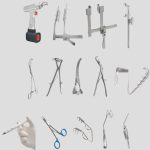
With the development of new methods and tools, Cardiovascular Surgical Instruments have substantially evolved recently, allowing surgeons to carry out increasingly intricate operations. These operations need the use of cardiovascular surgical instruments, which provide surgeons precise and accurate access to the heart and blood arteries. Here we shall examine the many cardiovascular surgical instrument kinds, their uses, and their purposes.
Types of Cardiovascular Surgical Instruments
Scalpels and Blades
Incisions in the skin and tissues are made using blades and scalpels. These devices are often constructed of stainless steel and used in cardiovascular surgery. The blades might be sharp, straight, or curved. The handle, which can be either reusable or disposable, is connected to the blade.
Scissors
Blood vessels and tissues are sliced using scissors. They come in a variety of sizes and forms, with blades that are straight, curved, and angled. The blunt point of certain scissors is excellent for cutting tissues without harming neighboring structures. Scissors are constructed of stainless steel and can either be reusable or disposable, like scalpels and blades.
Forceps
During surgery, forceps are used to grab and hold tissues and blood vessels. They occur in a variety of sizes and forms, with points that are straight, curved, and angled. To improve grip, certain forceps contain teeth or serrations on the points. Others are smooth, which is advantageous for delicate tissues that are prone to harm. Stainless steel forceps are available in a disposable variety.
Clamps
During surgery, blood flow is temporarily stopped by using clamps to occlude blood arteries. Their sizes and forms range, and they have jaws that are straight, curved, and inclined. Some clamps feature a surface that is serrated, which gives blood vessels a greater hold. Others are smooth, which is advantageous for delicate tissues that are prone to harm. Stainless steel clamps come in both reusable and disposable varieties.
Retractors
During surgery, retractors are utilized to keep tissues and organs out of the way. They are available in several forms and sizes, such as portable, self-retaining, and table-mounted retractor models. An assistant uses a handheld retractor to keep tissues out of the way. Tissues can be held in place by self-retaining retractors without the aid of a helper. Tissues are held out of the way by retractors positioned on a table as the surgeon operates on the heart and blood arteries.
Needle Holders
During suturing, needle holders are used to hold the needles. Their sizes and forms range, and they have jaws that are straight, curved, and inclined. For the purpose of keeping the needle in place when suturing, certain needle holders incorporate a locking mechanism. Stainless steel needle holders come in both reusable and disposable varieties.
Suture Materials
Incisions and wounds are closed by sutures. In addition to absorbable and non-absorbable sutures, they are available in a variety of sizes and forms. Internal tissues that do not require removal are stitched using absorbable sutures, which disintegrate over time. External wounds are treated with non-absorbable sutures, which must be taken out after the wound has healed. Materials for sutures might be synthetic or natural, such silk or polypropylene.
Heart Valve Replacement Devices
Devices for replacing heart valves with sick or damaged valves are available. Mechanical and biological heart valve replacement technologies come in two primary categories. In order to prevent blood clots from developing, mechanical valves are constructed of synthetic materials and require long-term anticoagulant medication. Animal or human tissue is used to create biological valves, which do not need anticoagulant medication. After 10 to 15 years, they could need to be replaced.
Why Rigor Instruments
Rigor is a second-generation surgical instruments manufacturer and supplier from Sialkot Pakistan providing best quality in Cardiovascular Surgical Instruments since 1985.
Our exquisite quality and competitive pricing has given us great competitive advantage in the global surgical instruments market. Our ambition is to become a leader in international market in Cardiovascular Surgical Instruments.
Have a glance at our wide range of Cardiovascular Surgical Instruments with details,
